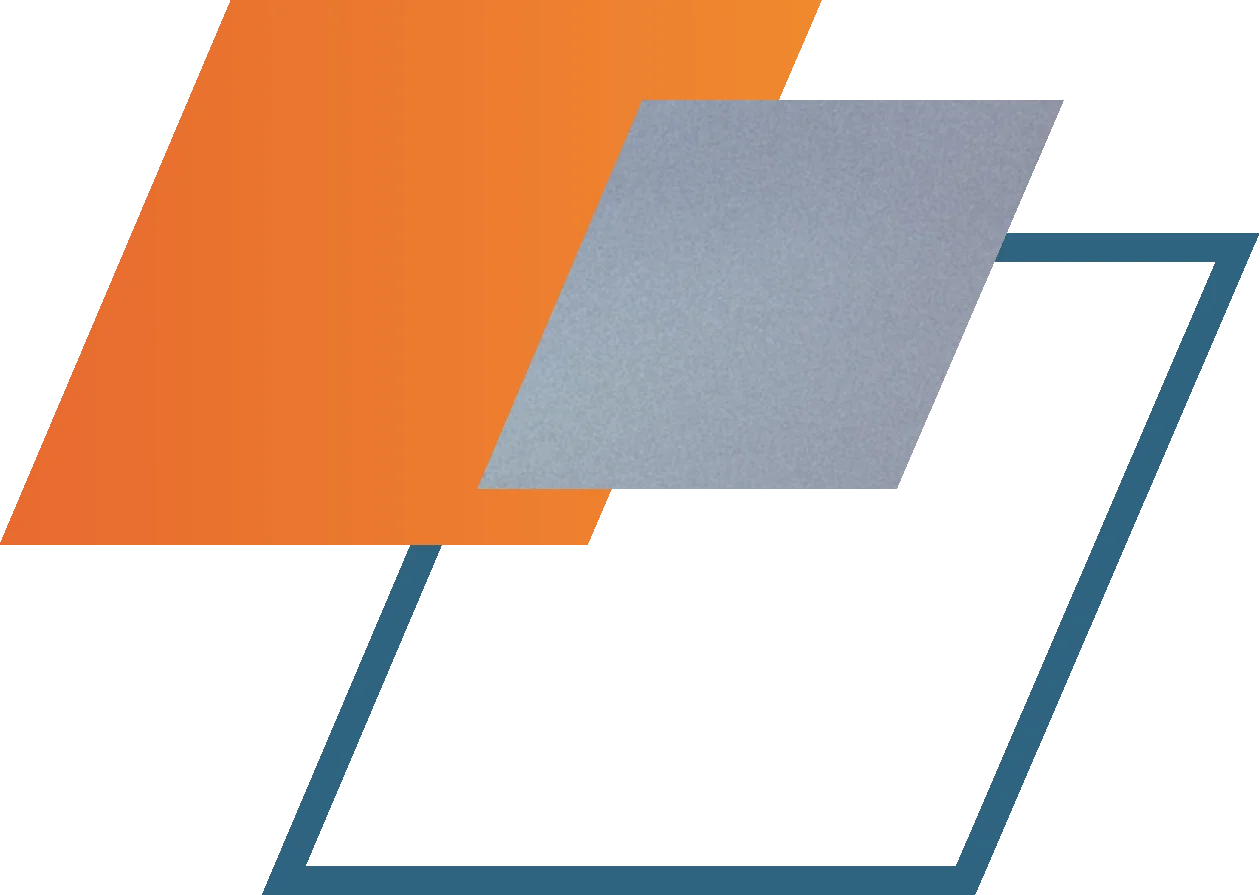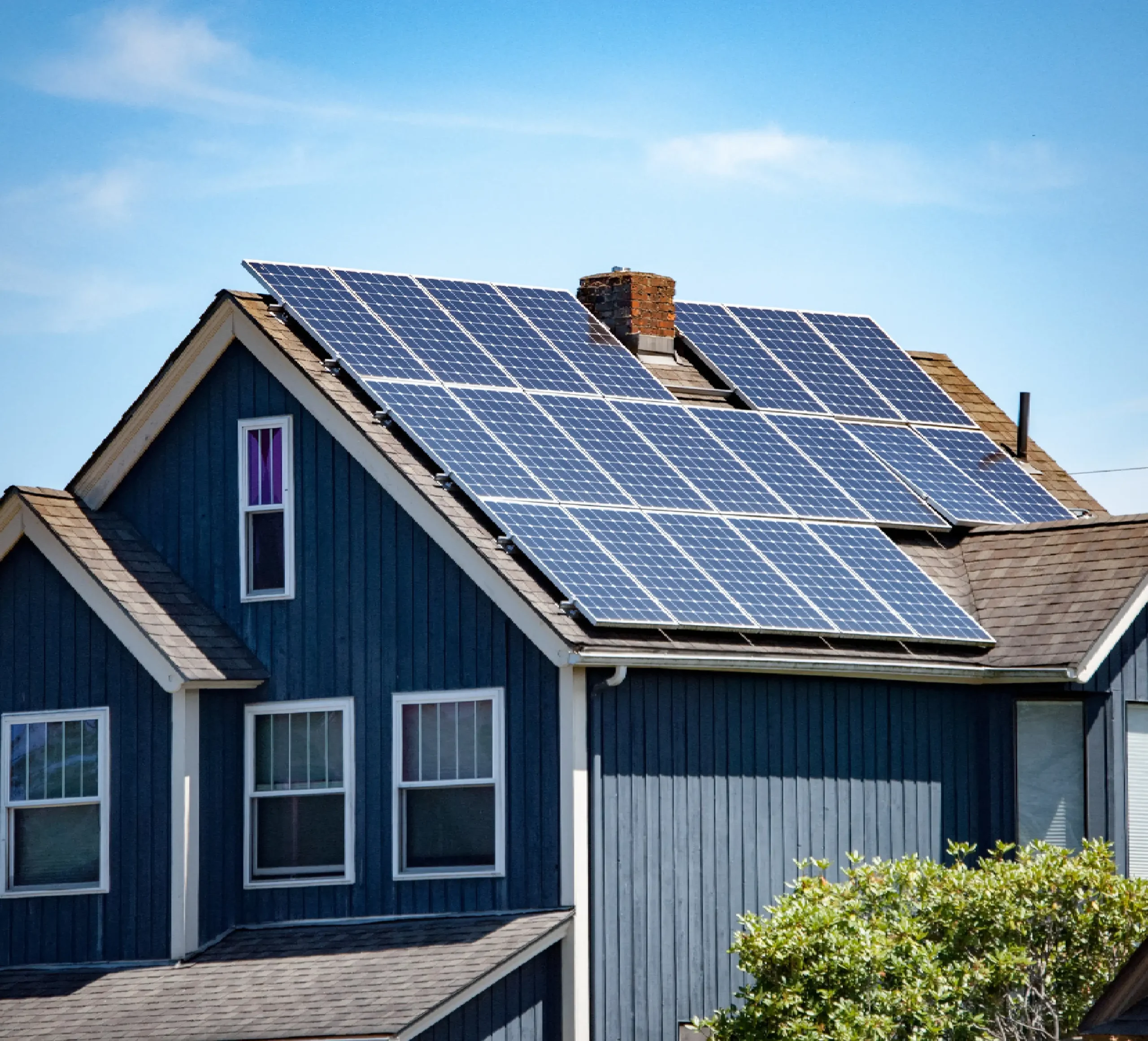Solar Financing
There are two kinds of options for financing a solar PV system—a solar capital lease or an operating lease.
Here’s an overview to help you determine which of these would be better for you and your business.
Solar Financing
There are two kinds of options for financing a solar PV system—a solar capital lease or an operating lease.
Here’s an overview to help you determine which of these would be better for you and your business.
Operating Lease
An operating lease also requires very little or no upfront cost, and the payments are often much lower than they are with a solar capital lease. The lessor retains ownership of the solar PV as an asset, and therefore receives all the abovementioned tax credits and other benefits.
You still get to take advantage of the considerable utility savings offered by operating a PV system, which in many cases allows it to pay for itself. Also, the monthly payment on an operating lease is tax deductible as a rental expense, and the PV system is not considered either an asset or a liability on your business’ balance sheet.
At the end of the lease term, you have the option to either purchase the system or renew the lease. In this case, the expected buyout cost averages to about a third of the original cost of the system.

Solar Capital Lease
In a solar capital lease, the lessor finances the cost of the system entirely, meaning that your business doesn’t need any capital or a separate bank loan.
Ownership and responsibility for the solar system remains with the lessee, and the lease is an “on balance sheet” transaction. Therefore, for the duration of the lease, you’re able to take advantage of all the financial benefits of going solar, such as tax credits, depreciation, and asset capitalization, which can offset or even make up entirely for the monthly payment on the lease.
In addition, you have the option to fully purchase the asset at a minimal percentage (usually 3% or lower) after the lease term is up.

Solar PPA Financing
If you’re interested in solar, but are concerned about the expense of buying or financing the installation of a PV system, there is another option that may be just right for you—a solar power purchase agreement, or SPPA.
In an SPPA, you enter an arrangement with a third-party developer (typically called a “solar services provider”) where they finance and install a PV system on a property you own at little or no cost to you. In return, you agree to buy the power provided by that PV system from the developer for a fixed period of time, at a fixed rate.
The rates that providers charge for power are often lower than what your regular power provider would charge, and you still have the opportunity to gain financially through net metering credit and the purchase of SRECs. Also, you bear no liability or risk for the PV system itself. The developer benefits from tax incentives for owning the PV system, as well as having a guaranteed energy customer for the life of the agreement.

In an SPPA, you enter an arrangement with a third-party developer (typically called a “solar services provider”) where they finance and install a PV system on a property you own at little or no cost to you. In return, you agree to buy the power provided by that PV system from the developer for a fixed period of time, at a fixed rate.
The rates that providers charge for power are often lower than what your regular power provider would charge, and you still have the opportunity to gain financially through net metering credit and the purchase of SRECs. Also, you bear no liability or risk for the PV system itself. The developer benefits from tax incentives for owning the PV system, as well as having a guaranteed energy customer for the life of the agreement.
Be sure to ask your IES Energy Systems representative about SPPAs if you think it might be a good option for you.